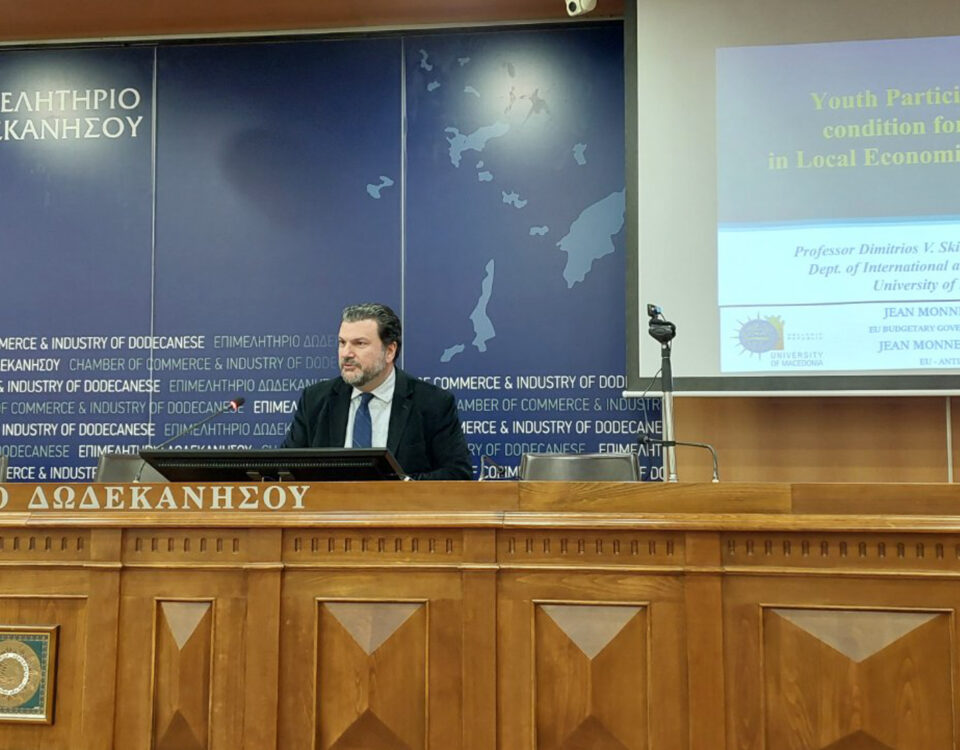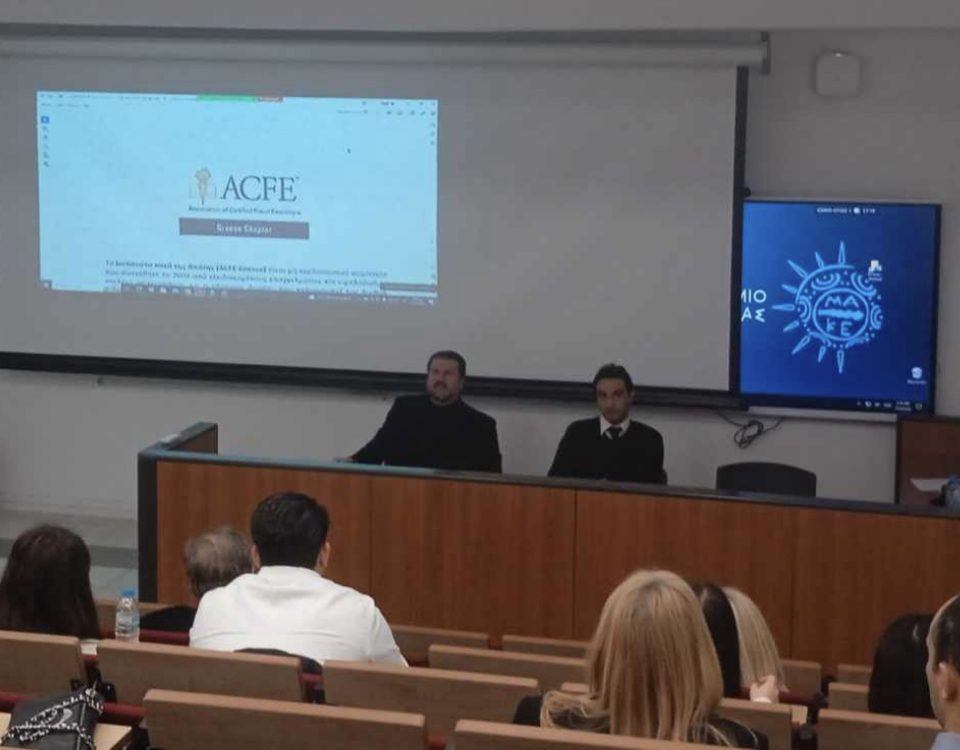Newsletter – August 2021
The second Newsletter of the Jean Monnet Chair “EU Budgetary Governance and Audit” for 2021 (May - August 2021) provides information about certain significant findings of the European Court Auditors (ECA) in some fields of EU public policy and budgetary governance, as well as the most recent developments about the Jean Monnet Chair as an academic scheme. At first, there is a presentation of the ECA’s Special Report No 08/2021 on the efficiency and the effectiveness of the management of the EU’s external borders by Frontex. Despite identifying noteworthy progress in various fields, the ECA found that Frontex has not yet established a fully operational system of monitoring and managing EU’s external borders, not only with regard to the implementation of EU migration policy but also with regard to the prevention and detection of cross border crime, thus casting doubts about its potential efficiency for meeting the expectations set by the EU for the programming period 2021-2027. Another important issue addressed by the ECA has been the EU’s actions against disinformation in various fields, a theme which is examined in ECA’s Special Report No 09/2921. The increase of fake news and their impact in everyday life has prompted the EU to take action by establishing integrated systems of locating and dealing with disinformation, through disclosing accurate and focused data, providing explanatory information, raising awareness through educational schemes about the dangers of disinformation, as well as locating and punishing with appropriate legal means networks and schemes which create and disseminate fake news. Integrating a gender based approach in the EU budget and the management of its resources, in terms of setting political targets to be achieved and funds to be used for this purpose has been reviews by the ECA in its Special Report 10/2021. The main finding is that the EU’s political declarations in the field of gender equality have not been transformed into the appropriate activities and funding by the EU, both in planning and implementing programmes in various policy fields such EU Cohesion Policy, EU Agricultural Policy and EU Educational Policy, and only the use of legal instruments improved the performance of the relevant actions. Money laundering has always been a major threat for the EU’s entire financial systems, therefore tackling its origins and eliminating its consequences has been constantly high in the EU’s policy Agenda. The ECA, in its Special Report 13/2021, examined the means employed by the EU for fighting money laundering in the banking sector and it concluded that the institutional fragmentation and the poor coordination at EU level (especially by the lack of proper monitoring of the Member States’ progress in transposing and implementing the relevant EU directives) limit the efficiency of the entire system established by the EU. Finally, with regard to the Chairs’ activities, the Chairholder, Professor Dimitrios Skiadas, during his scientific leave at Boston University (Center for the Study of Europe), he presented the first findings of his research focusing on the legitimacy of the EU’s budgetary governance and on instance of autocratic legalism in that context. He also participated in online meeting with officials from the USA Government Accountability Office, regarding issues about public procurement and combating fraud. Furthermore, after being acknowledged as Certified Fraud Examiner, at global level, by the relevant international Association (ACFE), he managed to include the University of Macedonia at the ACFE Anti-Fraud Education Partnership, in order to provide specialized high-level education on combating fraud against the EU’s financial interests. Read more here.




